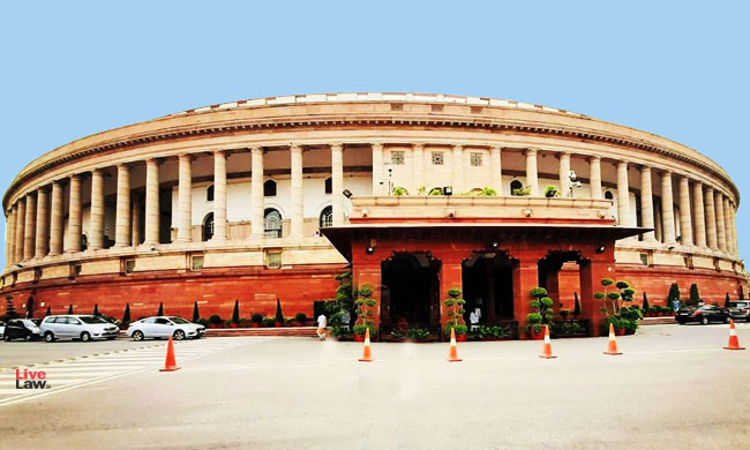The Central Government introduced in the Lok Sabha today the Constitution (One hundredth and twenty seventh amendment) Bill 2021 to restore the power of State Governments to identify and specify Socially and Economically Backward Classes(SEBCs), which was lost after Supreme Court's 3:2 judgment in the Maratha quota case.In the said case, a Constitution Bench of the Supreme Court had held by...

